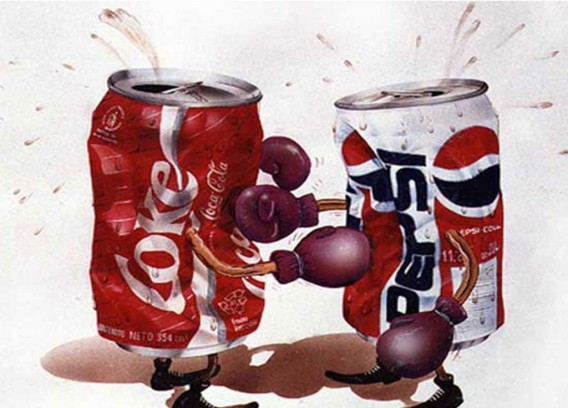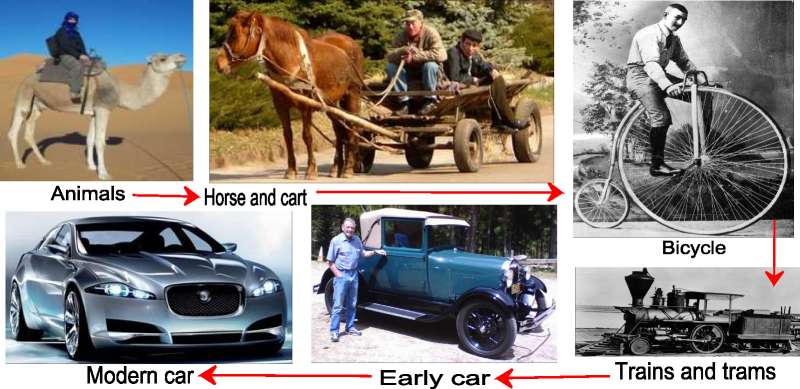Apple
-
What Should You Do When You or Your Company is Disliked in Sales?
- April 11, 2016
- Posted by: Dave Kurlan
- Category: Understanding the Sales Force

I know. Everyone loves you. You are just so likable that it’s inconceivable that you could be disliked. As usual, I see things a bit differently and I’ll prove that there is someone that not only dislikes you, but might even hate you. For example, my company, Objective Management Group (OMG), is universally hated by an entire vertical! I’ll share that with you, but first I must ask you a question.
-
Is it OK if You Lose Customers Because of the Evolution of Your Product?
- January 11, 2016
- Posted by: Dave Kurlan
- Category: Understanding the Sales Force

One of the inevitable facts of selling is that the Law of Sales is much like the Law of Gravity. “What goes up must come down” loosely translates to “Who you sell will eventually go away.” The only question is whether that will be days, weeks, months, years or decades from now.
-
10 Great Examples – Customer Service as a Powerful Sales Tool
- November 23, 2015
- Posted by: Dave Kurlan
- Category: Understanding the Sales Force

What leaves a stronger and potentially longer lasting impression than your own experience with a brand? Let’s start with two great examples – experiences that make you choose to return for more.
-
Steve Jobs Legacy on Selling – 10 Criteria to Sell Itself
- October 6, 2011
- Posted by: Dave Kurlan
- Category: Understanding the Sales Force
Steve Jobs left many legacies and I thought it might be useful to discuss the one he left on sales.
-
The App Store Provides Insights into Your Company’s Sales Challenges
- November 30, 2010
- Posted by: Dave Kurlan
- Category: Understanding the Sales Force
Is there any possibility that someone could go wrong buying from you? Is buying from your company the safest choice? Is it the easiest choice? Is it the traditional choice? Is it free or very low priced? Is it the tried and true choice?

